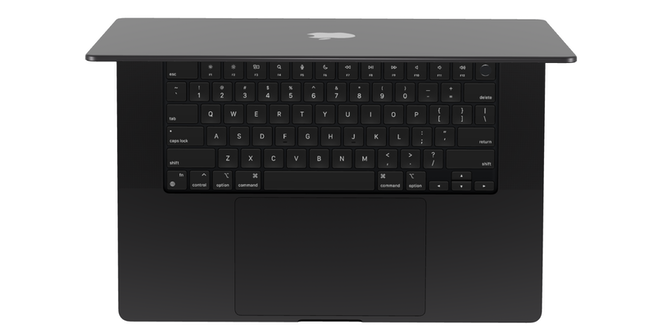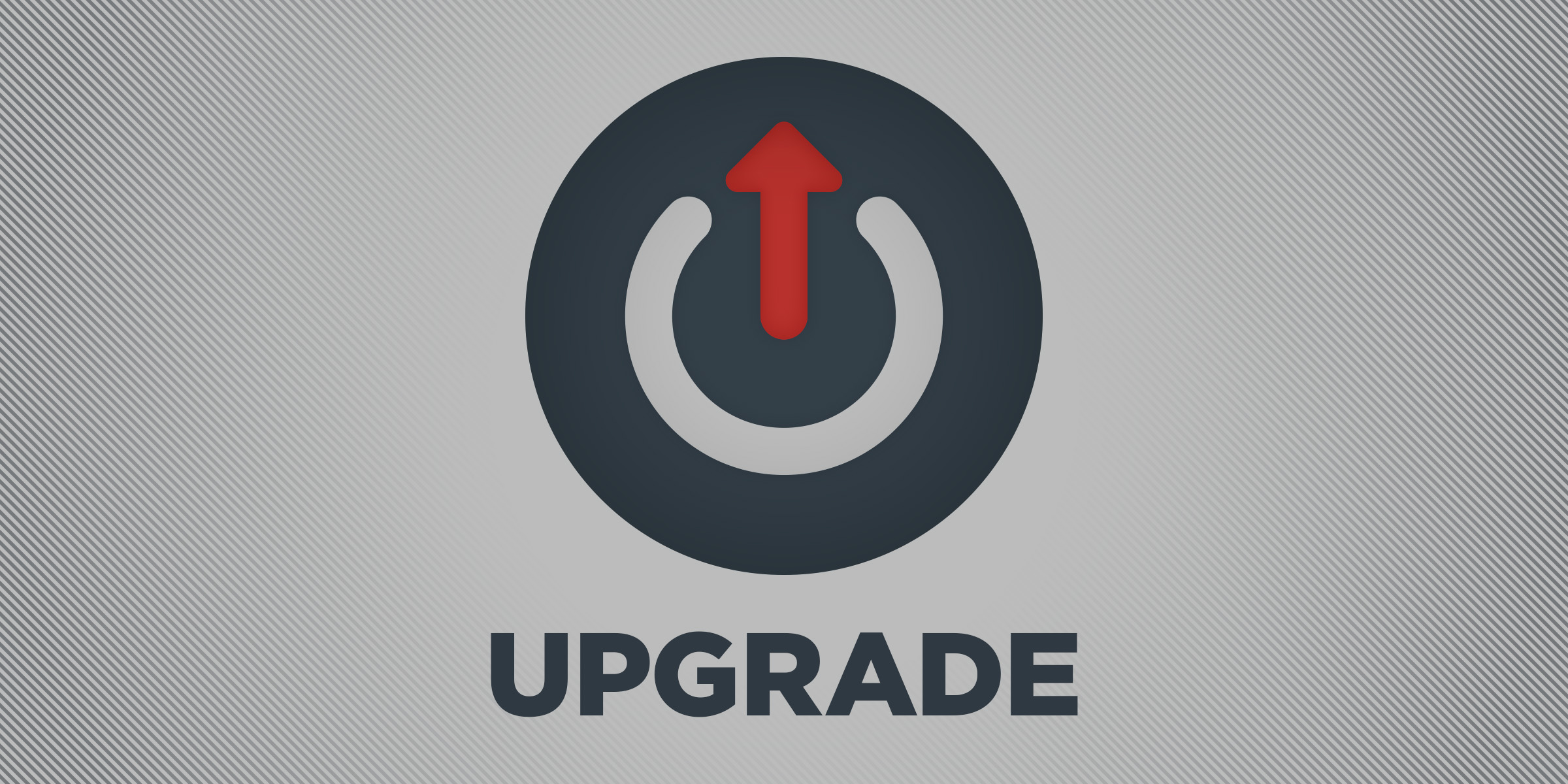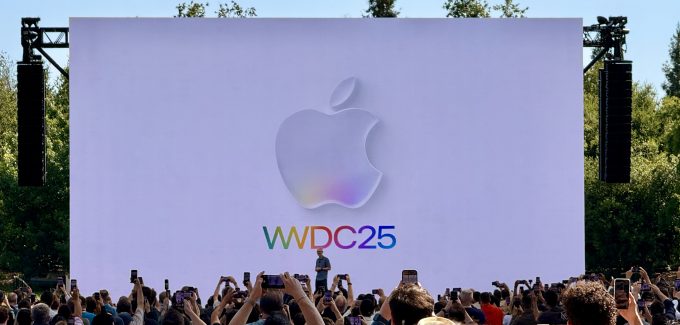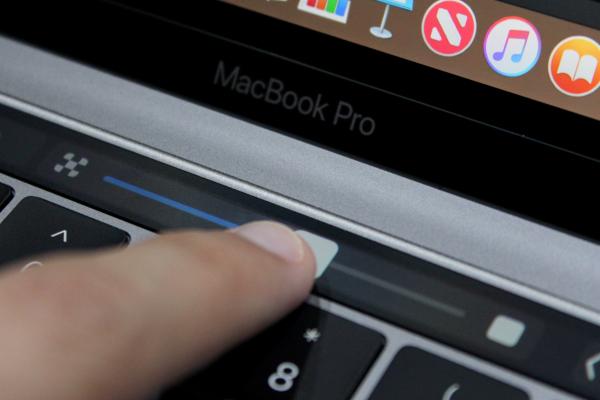You've seen those testing agency logos at the bottom of casino sites. iTech Labs, GLI, eCOGRA. But what do they mean? Most players click "spin" without knowing whether the game is fair.
After researching testing agencies and their methodologies, I've found that not all certifications offer the same level of protection. Let me show you what to look for.
Test certified games at Admiral Bet, a licensed Spanish casino with fair gaming options. This platform offers over 1,000 games verified by leading testing agencies, with transparent RTP information. New players receive 30 free spins with real money value, and the site provides multiple security measures including SSL encryption to ensure both game fairness and data protection.
What Game Testing Involves
When a testing lab certifies a casino game, they're typically verifying several key elements:
- RNG (Random Number Generator) quality
- Game logic integrity
- Payout percentage accuracy
- Absence of predictable patterns
The most crucial factor is the RNG testing. This ensures the outcomes are random and not manipulated to favor the house beyond the stated edge.
Quick tip: A proper RNG certification means the game's outcomes should be unpredictable and random-an essential foundation for fair gameplay.
Well-Known Testing Agencies
Several organizations provide testing and certification services, each with different approaches:
Established Testing Agencies
- eCOGRA – Offers comprehensive testing, including RNG verification and payout verification
- iTech Labs – Known for RNG certification and game testing
- GLI (Gaming Laboratories International) – Provides testing services used in many regulated markets
- BMM Testlabs – Offers various testing services for both land-based and online gaming
- TST (Technical Systems Testing) – Now owned by GLI, provides testing and certification services
These agencies vary in their methodologies and the specific services they offer. It's worth researching the particular certifications a casino displays.
Insider tip: The scope of testing can vary significantly between certifications. Some agencies perform comprehensive ongoing monitoring, while others might only conduct point-in-time verifications.
Red Flags That Suggest Unfair Games
Despite certification logos, watch for these warning signs:
- Selective certification – Only certain games are tested while others aren't
- Outdated certificates – Valid certifications should be current
- Limited testing scope – The certification might only cover specific aspects
- Missing links – Legitimate certificates typically link to verification information
Example: I once played at a casino displaying an eCOGRA logo. When I clicked it, instead of showing a current certificate, it led to a generic page. A call to eCOGRA revealed they hadn't certified that operator for over two years! The casino was displaying an outdated relationship.
How to Verify Casino Testing
Don't just trust the logos. Consider taking these steps:
- Click through certification logos – They should link to information about the certification
- Check the testing date – Look for recent verification
- Verify the scope – See what the certification covers
- Look for transparency – Some casinos publish their RTP percentages
Practical approach: If you're concerned about certification validity, you can sometimes check the testing agency's website for lists of certified operators.
Provably Fair: A Modern Approach
Beyond traditional testing, some modern casinos now offer "provably fair" technology-especially those accepting cryptocurrency:
- Allows players to verify game outcomes independently
- Uses cryptographic methods to demonstrate fairness
- Provides transparency in the gaming process
The advantage? This technology can give players direct verification tools rather than relying solely on third-party certification.
When exploring game fairness, consider trying Amatic slots known for their consistent RNG certification and transparent testing processes. These games allow players to verify fairness through publicly available certification while enjoying classic gameplay mechanics with predictable variance patterns.
Note: Provably fair systems verify the fairness of specific game outcomes but don't necessarily address other aspects of casino operations.
What Certification Doesn't Guarantee
Even with legitimate testing, be aware of these limitations:
- Game selection considerations – RTPs may vary across different games
- Bonus terms – Game testing doesn't typically verify if bonus terms are reasonable
- Withdrawal policies – Fair games don't guarantee smooth withdrawal processes
Testing agencies verify that games operate as designed-the design itself may still favor the house significantly.
Licensing Jurisdictions and Oversight
Different gambling jurisdictions have varying requirements for game testing:
- Jurisdictions like the UK, the Isle of Man, and Malta generally have robust regulatory frameworks
- Others, such as Kahnawake and Gibraltar, have established regulatory systems
- Some jurisdictions, like Curaçao and Costa Rica, may have less stringent requirements
The jurisdiction where a casino is licensed can influence the level of oversight applied to its operations.
The Bottom Line: Trust But Verify
Certification logos are a starting point, not a guarantee. Consider looking for casinos with:
- Recognizable testing agency certifications
- Clear information about what was certified
- Transparency about game mechanics and payouts
- Licensing in jurisdictions with stronger regulatory oversight
The best approach combines properly certified games with transparency about how they operate. A reputable casino shouldn't make verification unnecessarily tricky.















